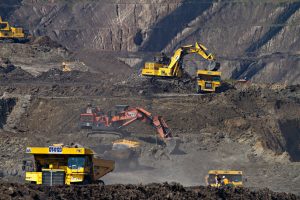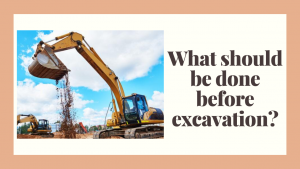5 Reasons To Choose A Professional Excavator
Photo by Dominik Vanyi For any construction project, work begins with excavation. The site is inspected, and the excavation site's boundaries are identified. A professional excavation contractor best handles…


